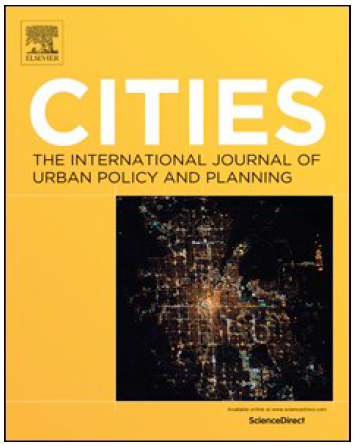Article, Refereed Journal
Cities

The concept of urban resilience, particularly through a systems framework, has advanced tremendously over the past decade. Relatedly, collaborative and network governance is increasingly considered essential for the sustainability of urban social-ecological-technical systems. However, empirical evidence explicitly linking metropolitan networks to resilience planning and implementation is sparse. We address this gap by researching a network of organizations pursuing resilience strategies within and across two major metropolitan areas in Texas — Austin and San Antonio. Utilizing a mixed-methods approach that includes qualitative and social network analysis (descriptive and exponential random graph modeling), we examine the factors that drive network formation around blue-green infrastructure in the study area. The planning and implementation of general resilience strategies across metropolitan jurisdictional boundaries is dependent upon the social infrastructure available for governance (i.e., the relationships among organizations engaged in resilience building activities). Our findings demonstrate the tendency for network closure as a key governance feature for resilience implementation. Providing urban policy-makers and planners with information about why networks form can facilitate implementation of blue-green infrastructure in this rapidly growing, climate change impacted region and beyond. Applying a network paradigm provides insights to build general resilience for adaptation and transformation in metropolitan systems.
Research Topic
Urban Policy and Housing

